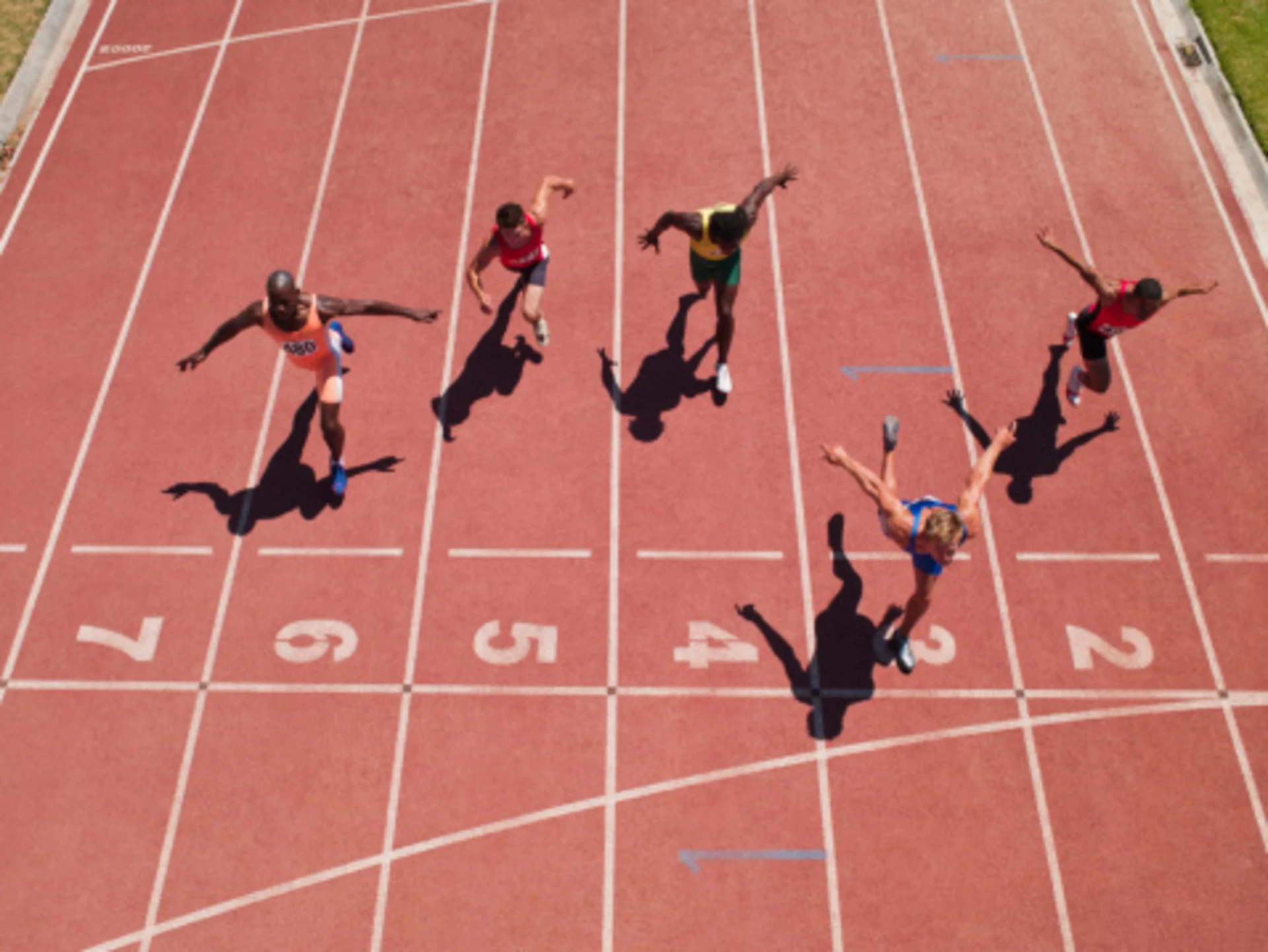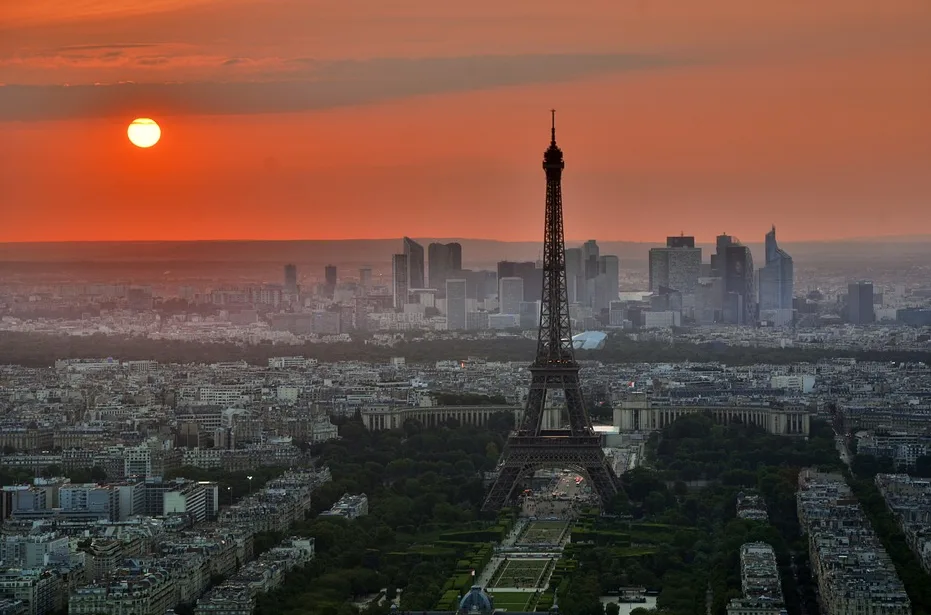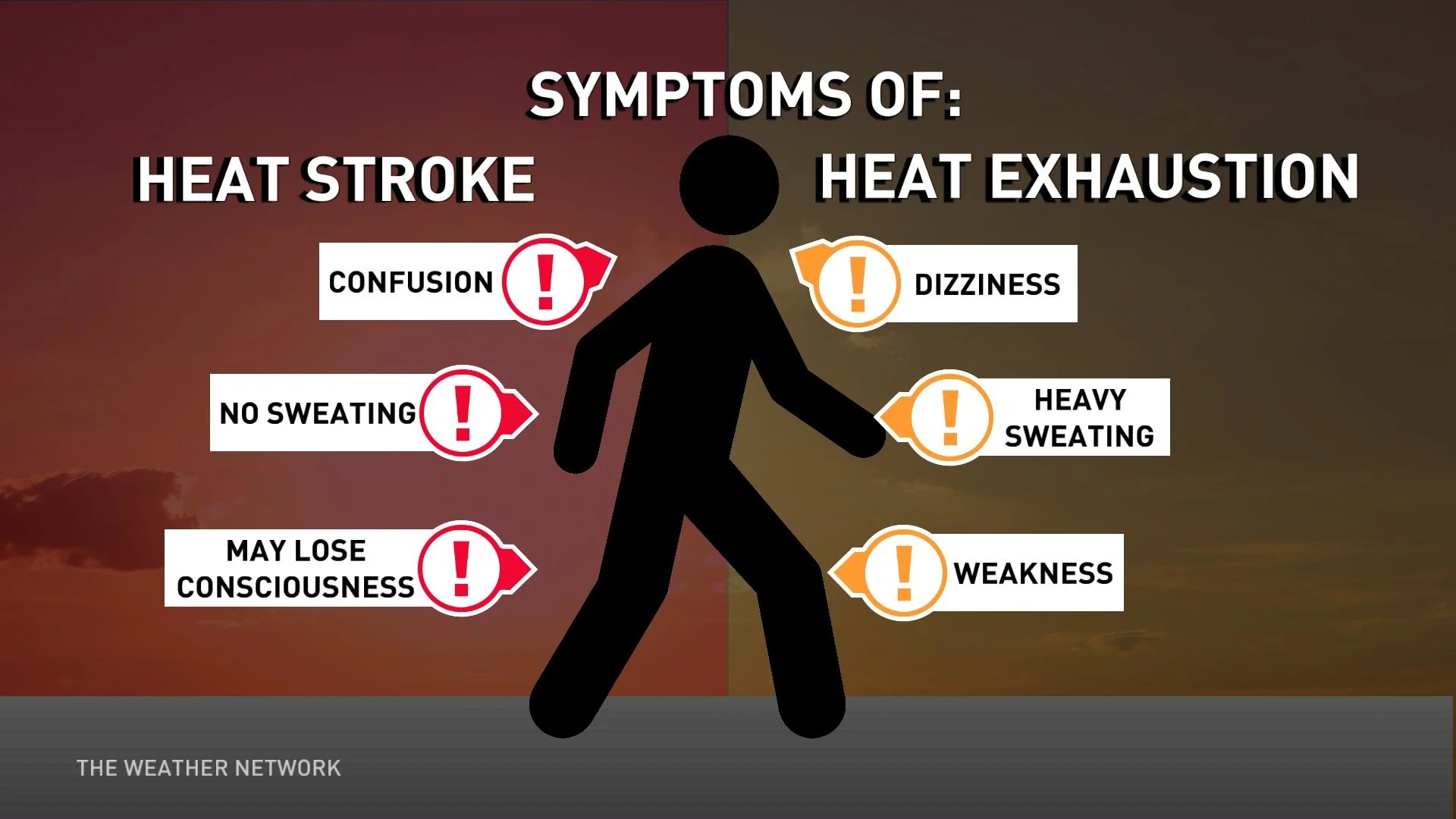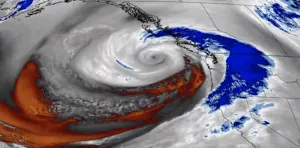
Summer Games organizers vow their 'greenest' affair to combat heat
As Paris, France, prepares to host the 2024 Summer Games, heat is a top concern for athletes, officials, volunteers and spectators alike. Here's what a warming planet means for sports and the adjustments needed to keep people safe.
As we count down the days until the Summer Games in Paris, France, this month, organizers are promising an event that will be the most sustainable version of it.
In order to obtain their goal, operators of the Games pledged to reduce their carbon footprint by 50 per cent –– from an average of 3.5 million tonnes of carbon dioxide in 2012 and 2016 to 1.75 million tonnes for the upcoming Paris affair.
SEE ALSO: How a Calgary geothermal company is making its mark across the Atlantic
The organizers' attempt to reach the goal will include more environmentally friendly constructions and installations inside the athletes' village. One of them is a geothermal cooling system instead of air conditioners, a decision that has prompted several countries to plan on bringing their own AC units.

(Pixabay)
It has been reported that the organizing committee stated its geothermal structure will keep athletes’ rooms at least 10 C cooler than the outside air temperatures. The geothermal system will push cool water through pipes established in concrete floors.
Other green facets to the village include low-carbon concrete and wood for the buildings' construction, with multiple units using solar energy. Rooms are furnished with eco-friendly fixtures, including cardboard bed frames, coffee tables constructed from disused badminton shuttlecocks, and chairs comprised of old bottle caps. As well, the restaurant within the village will be plastic bottle-free.
Heat and humidity a pressing concern for athletes
The Summer Games take place in Paris from July 26 to Aug. 10, coinciding with one of the hottest periods of the year. In 2019, Paris experienced its warmest day ever, with temperatures exceeding 42 C.
Kaitlyn Trudeau, a senior research associate at Climate Central, said temperatures and the humidity are concerning for athletes, in a recent interview with The Weather Network.

"The humidity is what really adds to the heat stress on our bodies. So, it really puts these athletes in a dangerous position because not only are we seeing much high temperatures, but also this mixture of humidity, which can have really deadly consequences," said Trudeau.
The last time France hosted the Summer Games was in 1924, and since then, the annual, average temperature has increased by 1.3 C. As well, since the start of the 20th century, the top three hottest years in France have happened since 2020.
Climate Central collaborated with other organizations to compile and recently publish the Rings of Fire paper, which outlines the potential risks for heat exhaustion and stroke.

(Getty Images)
The report also highlights the deadly 2003 heat wave in France that killed more than 14,000 people.
"I guess I am still just surprised at the timing of these [Summer Games]. We have seen such deadly heat waves in this exact location at this exact time," said Trudeau. "Athletes, by far, [are] at the most risk here, but also people who are attending, working [and] are outside."
The analysis also lists five recommendations for sporting-based authorities. Those include smart scheduling to avoid heat extremes, keeping athletes and fans safe with better rehydration and cooling plans, empowering athletes to speak out on climate change, boosting collaboration between sporting bodies and athletes on climate awareness campaigns, and reassessing fossil fuel sponsorship in sport.
WATCH: How 'stratospheric dehydration' could help offset carbon emissions
Thumbnail courtesy of Chris Ryan/OJO Images via Getty Images. Creative #: 184629980
With files from Rachel Schoutsen, morning show host and journalist at The Weather Network.
Follow Nathan Howes on X, formerly known as Twitter.












